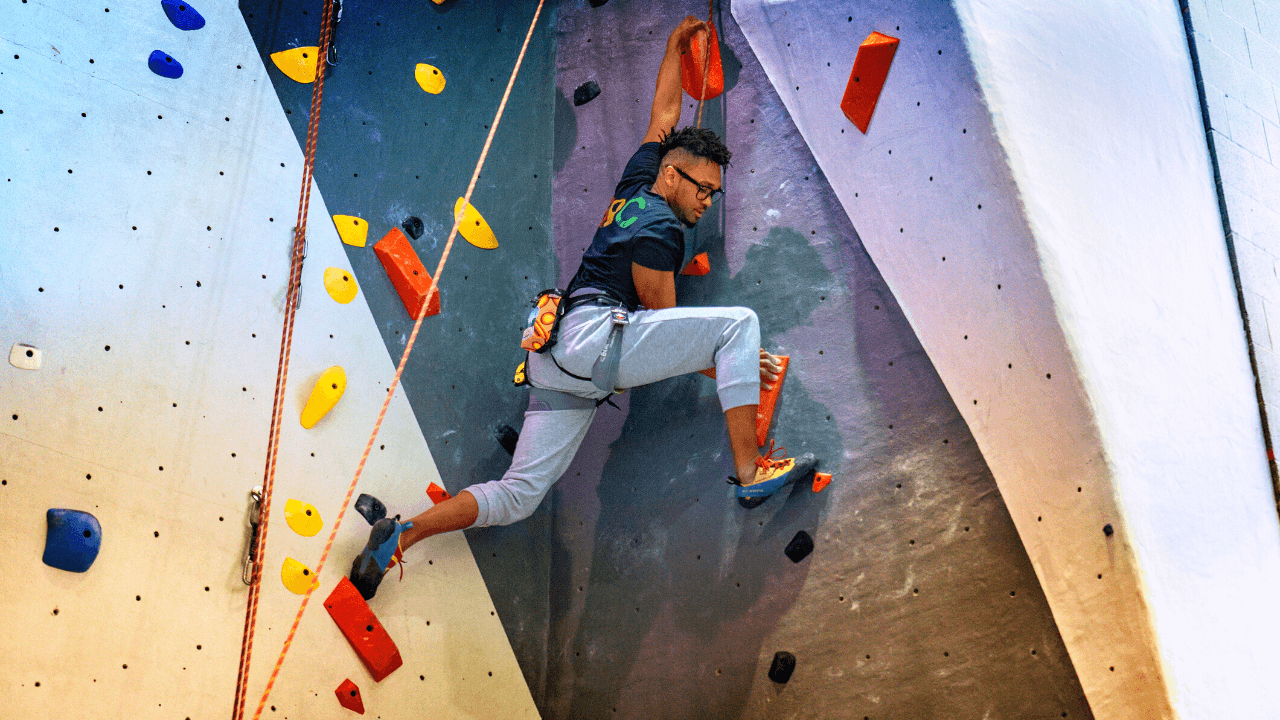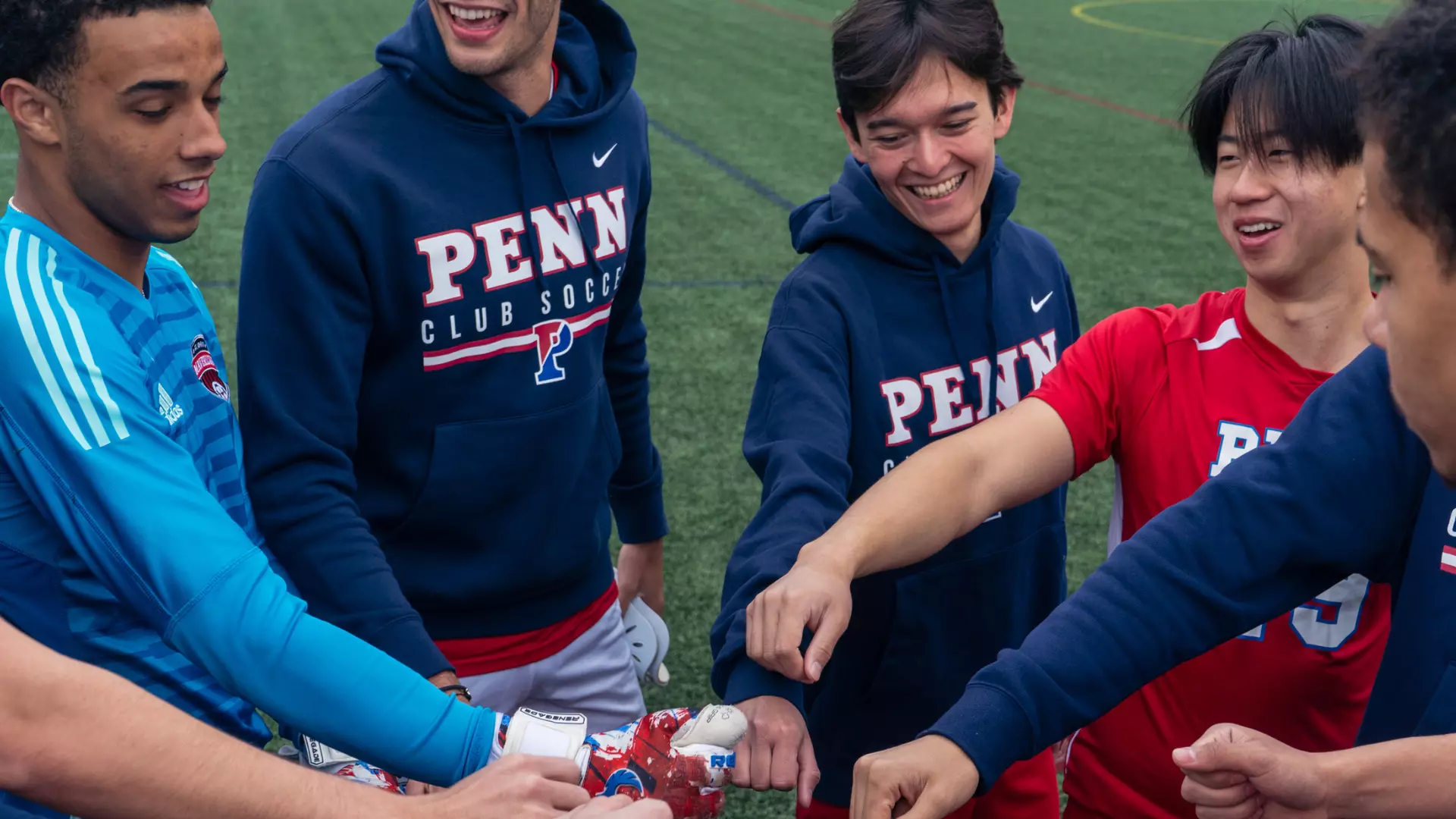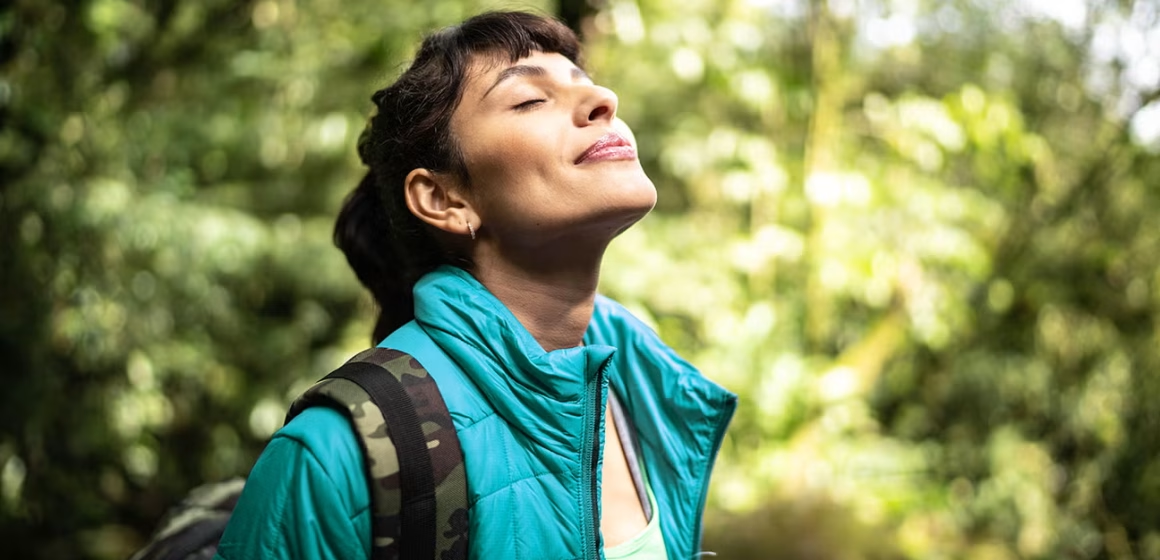In a world that constantly demands productivity, speed, and results, the value of recreation is often overlooked. Yet, recreation—defined as any activity done for enjoyment, relaxation, or health—is not a luxury; it’s a necessity. Whether it’s hiking in nature, playing sports, painting, traveling, or simply spending time with loved ones, recreational activities play a vital role in physical, mental, and emotional well-being.
This article explores the importance of recreation in modern life, its benefits for individuals and communities, the different types of recreational activities, and how to incorporate more leisure into a busy lifestyle.
What Is Recreation?
Recreation is any enjoyable activity that people engage in during their free time. It differs from passive entertainment (like watching TV) by involving active participation, physical movement, creativity, or social interaction.
There are two broad categories of recreation:
-
Outdoor Recreation: Activities like hiking, biking, swimming, fishing, skiing, and camping that involve nature and physical movement.
-
Indoor or Cultural Recreation: Activities such as dancing, painting, playing musical instruments, board games, and community events that may be more socially or artistically driven.
Both types are essential in promoting a well-rounded and healthy lifestyle.
Health Benefits of Recreation
Numerous studies have shown that regular participation in recreational activities leads to a wide range of health benefits.
1. Physical Health
Engaging in physical recreational activities helps maintain a healthy weight, improves cardiovascular fitness, strengthens muscles, and enhances coordination. Even moderate activities like walking or gardening can lower the risk of chronic diseases such as diabetes, hypertension, and osteoporosis.

2. Mental Health
Recreation reduces stress, anxiety, and depression by releasing endorphins—the body’s natural “feel-good” hormones. It also provides an opportunity for mindfulness, helping people stay present and connected to their environment.
3. Cognitive Function
Activities that challenge the brain—such as puzzles, strategy games, or learning new skills—can boost memory, creativity, and problem-solving abilities. Recreation also improves focus and productivity in work or school settings.
4. Social Connection
Recreation fosters relationships. Team sports, group hikes, or art classes create a sense of belonging and community, which is vital for emotional resilience and happiness.
Recreation and Work-Life Balance
In today’s digital age, the lines between work and leisure are increasingly blurred. Many people bring their work home or stay constantly connected via smartphones. As a result, burnout and chronic stress are on the rise.
Recreation helps restore work-life balance by:
-
Encouraging regular breaks and vacations
-
Providing mental “resets” to improve focus and creativity
-
Preventing overwork and improving job satisfaction
Companies that promote recreational activities, team outings, and wellness programs often see improved employee morale and reduced turnover rates.
Types of Recreational Activities
Recreation is not one-size-fits-all. Here are some popular types, each offering unique benefits:
1. Sports and Fitness
From running and swimming to basketball and yoga, sports are a common form of recreation. They combine exercise with fun and competition, fostering discipline and teamwork.
2. Nature-Based Activities
Hiking, camping, birdwatching, and paddleboarding allow individuals to reconnect with nature, reduce screen time, and enjoy fresh air and scenic views. Studies show that time spent outdoors improves mood and reduces stress.
3. Creative Arts
Painting, music, writing, photography, and crafts stimulate imagination and self-expression. These hobbies can be therapeutic and rewarding, especially when pursued regularly.
4. Travel and Exploration
Travel opens minds to new cultures, cuisines, landscapes, and ways of life. Whether it’s a weekend road trip or a month-long international adventure, travel offers relaxation, learning, and inspiration.
5. Community and Social Recreation
Volunteering, community gardening, cultural festivals, and club meetups foster social engagement and a sense of purpose.
Technology and Modern Recreation
Digital tools have introduced new forms of recreation such as virtual reality (VR) games, fitness apps, streaming concerts, and online communities. While these can enhance convenience and accessibility, it’s essential to balance digital recreation with offline experiences to avoid screen fatigue and social isolation.
For example:
-
Use fitness tracking apps to support outdoor workouts
-
Join virtual art classes but practice away from screens
-
Play online games, but also schedule offline board game nights with friends
Recreation for Different Age Groups
Recreation needs evolve with age, but its importance remains constant.
-
Children and Teens: Play is essential for development, social skills, and emotional health. Schools and communities must offer safe and engaging spaces.
-
Adults: Recreation helps manage stress, build social networks, and maintain fitness amid career and family responsibilities.
-
Seniors: Recreational activities improve mobility, mental sharpness, and emotional well-being, helping older adults stay active and connected.
Building a Recreational Lifestyle
Incorporating recreation into daily life doesn’t require extra money or elaborate planning. Here are some tips:
-
Schedule leisure time as you would a work meeting.
-
Start small: Take a 15-minute walk after dinner or try a new hobby on the weekend.
-
Join a group: Shared activities build accountability and motivation.
-
Unplug regularly: Set boundaries with technology to make room for real experiences.
-
Mix it up: Try new activities to keep things fresh and exciting.
Recreation should never feel like another chore—it’s about freedom, joy, and self-care.
Recreation and Community Development
Beyond individual benefits, recreation strengthens communities. Parks, sports leagues, cultural centers, and public events bring people together, reduce crime, and enhance the quality of life. Cities that invest in recreational infrastructure often see:
-
Improved public health outcomes
-
Economic growth through tourism and events
-
Greater civic pride and social cohesion
Governments, nonprofits, and private organizations all play a role in making recreational resources accessible to all, regardless of income or background.

Conclusion: Leisure Is a Life Essential
Recreation is far more than “free time”—it is an essential component of a healthy, fulfilling life. By embracing recreational activities, we not only improve our personal well-being but also contribute to stronger, happier communities. In a society that often glorifies busyness, choosing to prioritize play, creativity, and relaxation is a powerful act of self-care and balance.
Whether you’re picking up a paintbrush, heading to the mountains, or dancing in your living room, remember: recreation isn’t just a break from life—it’s one of the best parts of living.


Leave a Reply